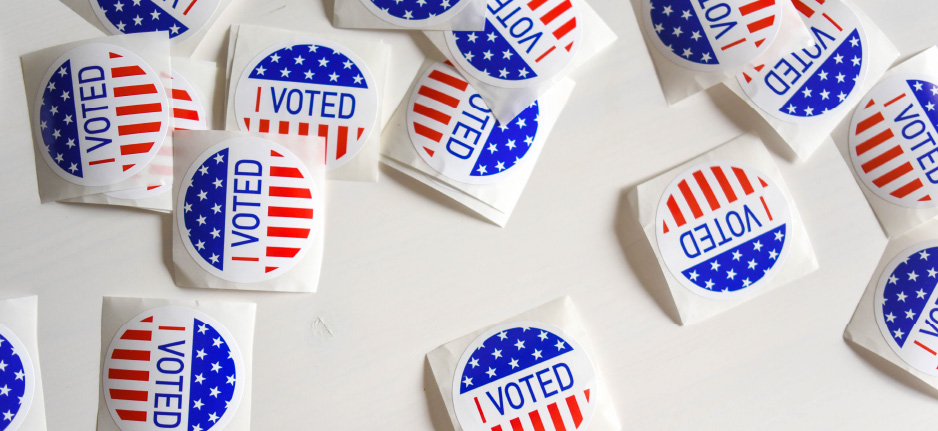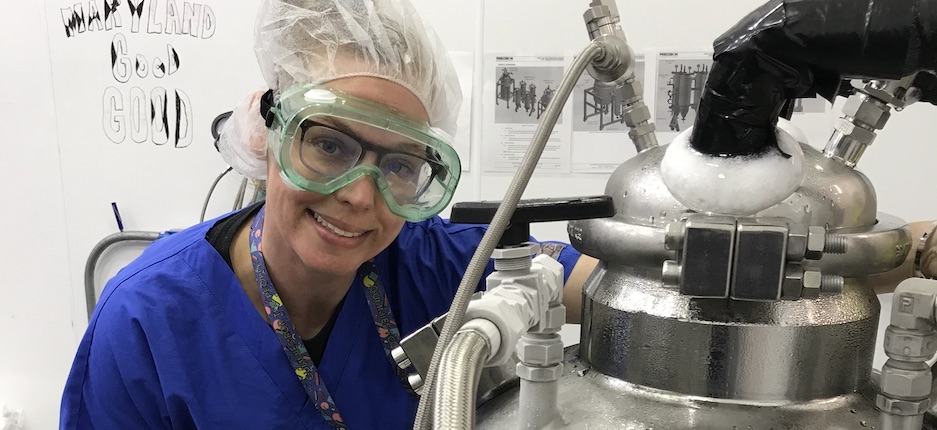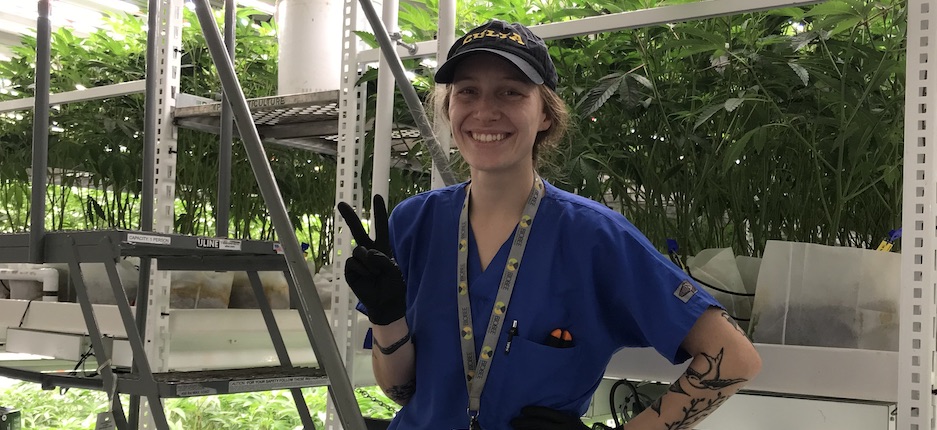A brief history of cannabis legislation in Virginia
Virginia has a history with cannabis that is hundreds of years old. The early colonists and farmers grew hemp throughout the state, and the legislature even moved forward with medical legalization in 1979. Currently, cannabis oil in Virginia is legal for medical purposes, and flower legalization is expected sometime within the next couple of years. If you live in Virginia, here is a chronological look at major cannabis legislation in the state, along with some tips on what you can do to support legalization.
1979 Medical Regulation
In 1979, Virginia was one of the first states to pass a medical cannabis law. The legislation allowed doctors to recommend cannabis for glaucoma or the side effects of chemotherapy, but most cannabis activists regarded the law as a ruse. For years, the law was mostly non-functional -- per the legislation, a doctor had to write a prescription for cannabis, but prescriptions were disallowed by federal law given cannabis’ status as a Schedule 1 controlled substance with no accepted medical use.
2015 Decriminalization Attempt
Most individuals living in Virginia in 2015 probably remember SB 686, the state’s first attempt at decriminalization. Under SB 686, cannabis possession would be decriminalized, and the $500 criminal fine for simple cannabis possession would be reduced to a maximum $100 civil penalty. Under the bill, the 30-day jail sentence would also be eliminated, and cultivation for personal use would be allowed.
The same year, SB 1444 was also presented to the state. Under the bill, the “smoke a joint, lose your license” provision would be revised for those over 18. Unfortunately, both bills failed.
2015 Affirmative Defense Law
In March 2015, House Bill 1445 and Senate Bill 1235 were passed. These bills made it easier for Virginians with severe forms of epilepsy to use two oils derived from cannabis, CBD and THC-A. In a surprising turn of events, the Republican-dominated chamber voted 98-0 in favor of the bill; only two delegates opposed the bill, and they chose to abstain rather than vote against it.
Although it was a step in the right direction, cannabis advocates believe the bill was too narrow since it was tailored to a specific condition. Regardless, it paved the way for future reform efforts in the state, including 2018’s bill that expanded access to more Virginians, by allowing physicians to recommend medical cannabis to any patients who could benefit.
2019 & 2020 Reform Measures
The 2019 Virginia elections paved the way for 2020’s reform measures, as Democrats won control of both houses of the General Assembly. Attorney General Mark Herring stressed the importance of cannabis legalization and even held a Cannabis Summit in December 2019 to address the issues of cannabis decriminalization, CBD regulation, and pathways towards legalization through legislative efforts. Later in 2019, the state passed legislation allowing nurses and physician assistants to issue written certifications for patients to use medical cannabis extracts, stipulating that each dose could contain up to 10 milligrams of THC.
In February 2020, the House Delegates voted 64-34 in favor of decriminalizing personal possession of cannabis. The next day, the Senate voted 27-13 in favor of SB-2, which had a similar decriminalization scope. On March 8, 2020, legislation on a cannabis decriminalization plan was passed and on April 11, 2020, Governor Ralph Northam announced that he approved a bill that would eliminate jail time for simple cannabis possession, leaving a civil penalty with a fine in place. The bill took effect July 1, making Virginia the 27th state to remove the threat of jail time for low-level cannabis possession.
2021 Expected Bills
A few bills in the General Assembly addressing the legalization of simple possession, including HB 87 and HB 269, have been deferred to the 2021 session. HB 87 and HB 269 are both very similar in nature, and their core difference is in how cannabis is taxed and where those taxes would go. Both seek to eliminate criminal penalties for possession of cannabis for those older than 21, and would modify several other criminal penalties related to cannabis. You can find more on HB 87 here and HB 269 here.
Medical Cannabis Registry (& Other Things to Know)
All medical cannabis patients must register for a medical cannabis card from the Virginia Board of Pharmacy. Here is a step-by-step guide on how to register. Registration is $50 per year for patients, $25 for parents and legal guardians. The certification and registration are valid for one year and must be renewed on an annual basis.
In accordance with Virginia laws, certifications must be kept with all medical cannabis products, and all cannabis products must be kept in sealed containers out of reach of drivers or passengers in vehicles. Driving while impaired is legal, and, though decriminalized, smoking cannabis flower is also illegal. The maximum penalty for possessing up to one ounce of cannabis is a $25 fine, with no arrest or criminal record imposed. The current possession limit for concentrates is a 90-day medical supply.
How to Become an Advocate
If you want to legalize cannabis in Virginia, a good place to go for resources and information on current legislation in the state is the Virginia chapter of NORML. Virginia NORML is a nonprofit organization registered in the Commonwealth of Virginia, and the accredited state affiliate of NORML, the National Organization for the Reform of Marijuana Laws. Virginia NORML provides a voice in the public policy debate for the overwhelming majority of Virginians who oppose the failed policy of cannabis prohibition in favor of legalizing and regulating responsible adult-use.
For more information, check out our blog on What You Can Do to Legalize Cannabis In Your State.
Note: CULTA is not licensed to sell medical cannabis to citizens living in Virginia. This blog is intended to be purely informational in nature. This page was last updated November 23, 2020.




